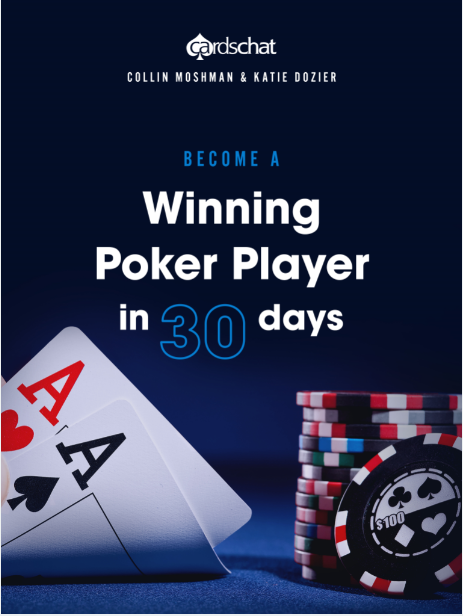Katie, thank you for your detailed answers!
https://en.wikipedia.org/wiki/Arrow's_impossibility_theorem
..
decision theory, where a person has to make a rational choice based on several criteria
[Rather than a voting system consider Arrow's criteria relative to a poker game (and field this game is a part of) where betting replaces voting and where Pareto efficiency is used to measure betting effectiveness...something like purchasing and using raffle tickets at a church bazaar.]
https://en.wikipedia.org/wiki/Nakamura_number
The number is named after Kenjiro Nakamura (1947–1979), a Japanese game theorist who proved the above fact that the rationality of collective choice critically depends on the number of alternatives.
..a simple game is just an arbitrary collection of coalitions; the coalitions belonging to the collection are said to be winning; the others losing.
[An aspect of this "measure" is to view how the stack sizes perceive one another relative to their mutually assessed card ranges and if their behaviors will be skewed towards competition/cooperation depending upon the "threats/opportunities" faced by bets/raises and who is initiating them.]
The above are from Wikipedia with my interpretation in square brackets.
Regarding the average number of games played, it's not accurate but not completely misleading either. There is something to work with there if some rational spadework (guesstimating) is done.
I was in the 33-M SCOOP after winning an $11 ticket in a $4 Spin then converting that ticket into a satellite win for the $109 game (I was knocked out with an AKu vs 10 10 preflop after some re-raising. You are (and will continue to be) successful because of your bankroll management and your ability.
My quandary is that I am somewhat successful at the $4 Spin games but there is a dramatic difference in the potential prizes in the $22 Spin games. My bankroll for the $4 games is $100 (which is not conservative)..I usually play the $2.75 Spins for tickets. Simple math requires a bankroll of about $600 to play the $22 games but how much more difficult would they be to win? The same kinds of cards will be coming out but I'm expecting that the betting will be different. What kind of generic player level can I expect relative to what is provided in the course?
I've also qualified for the SCOOP 01-M [Phase 2] (barely) and have registered for five other $100k+ games from the $22 tickets won in the Spin games. Perhaps I'll be lucky

























